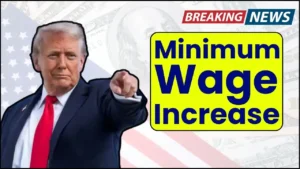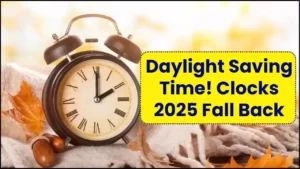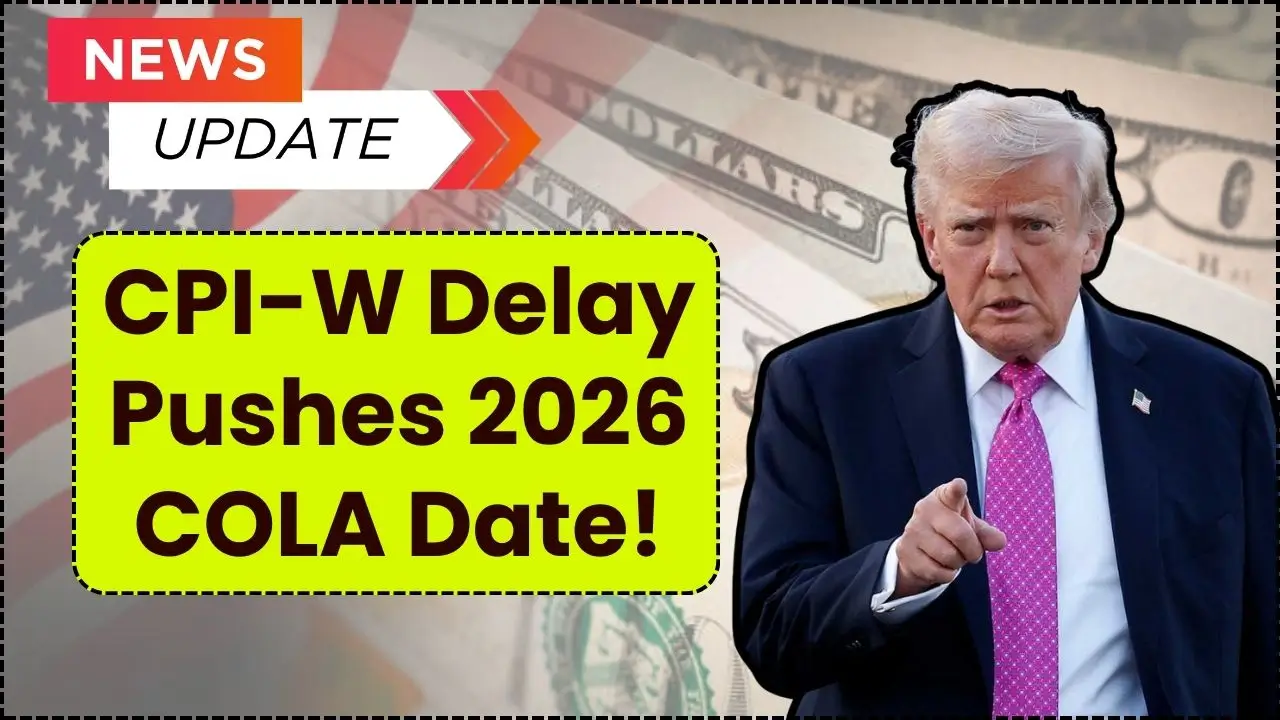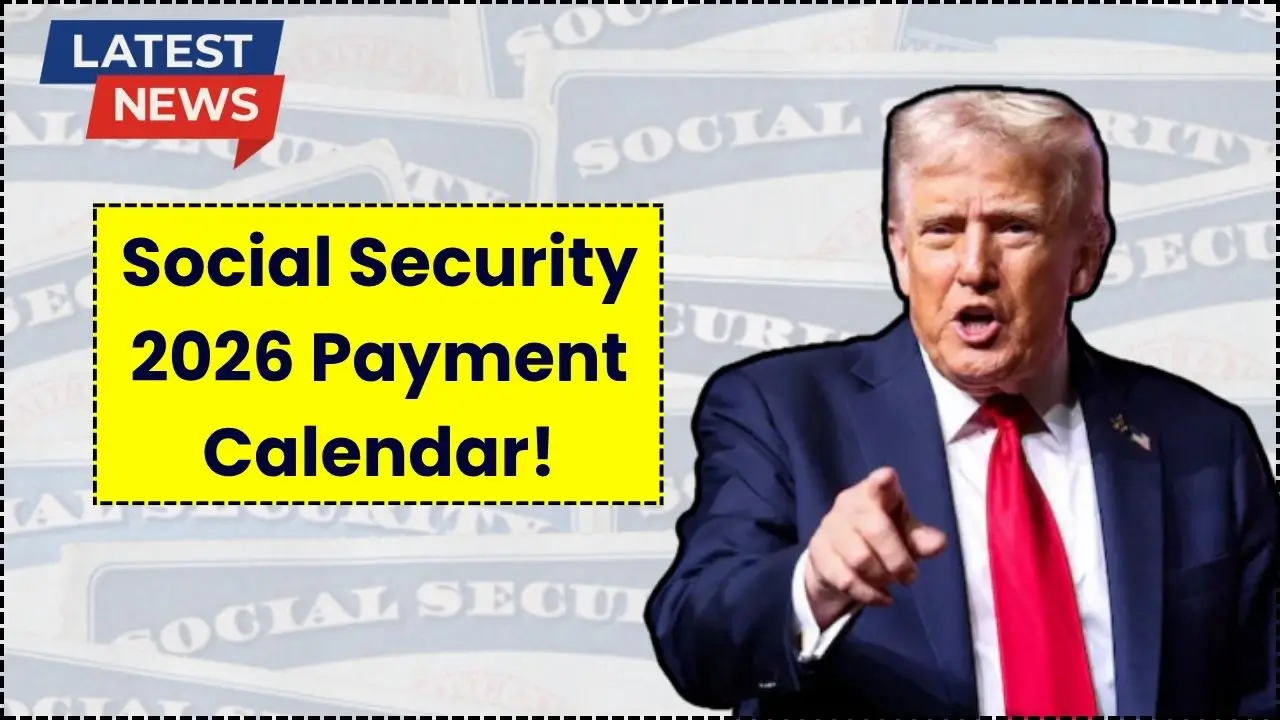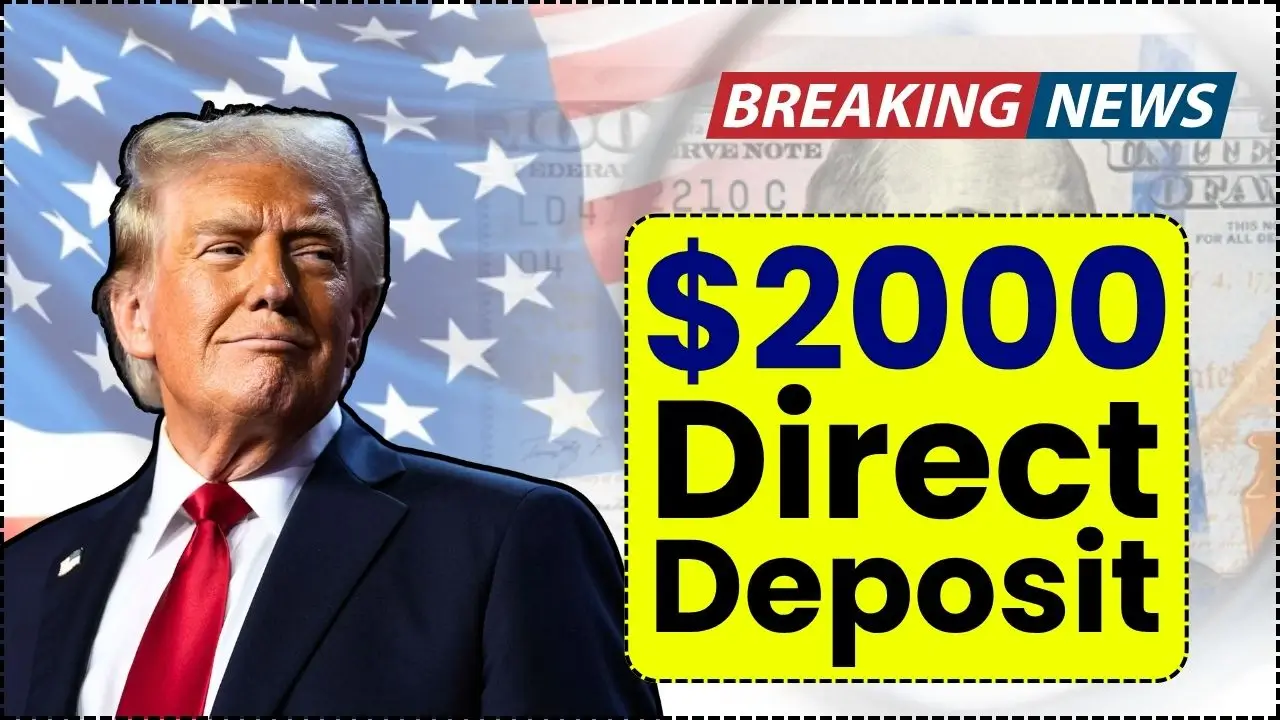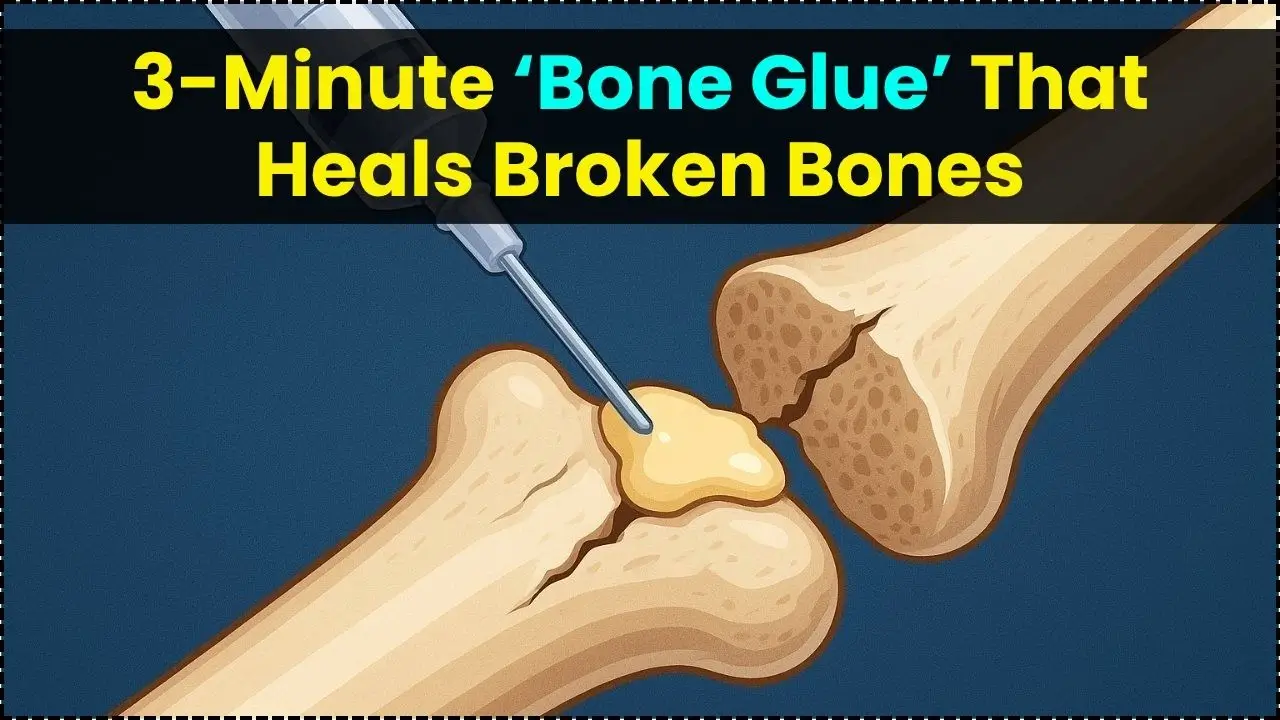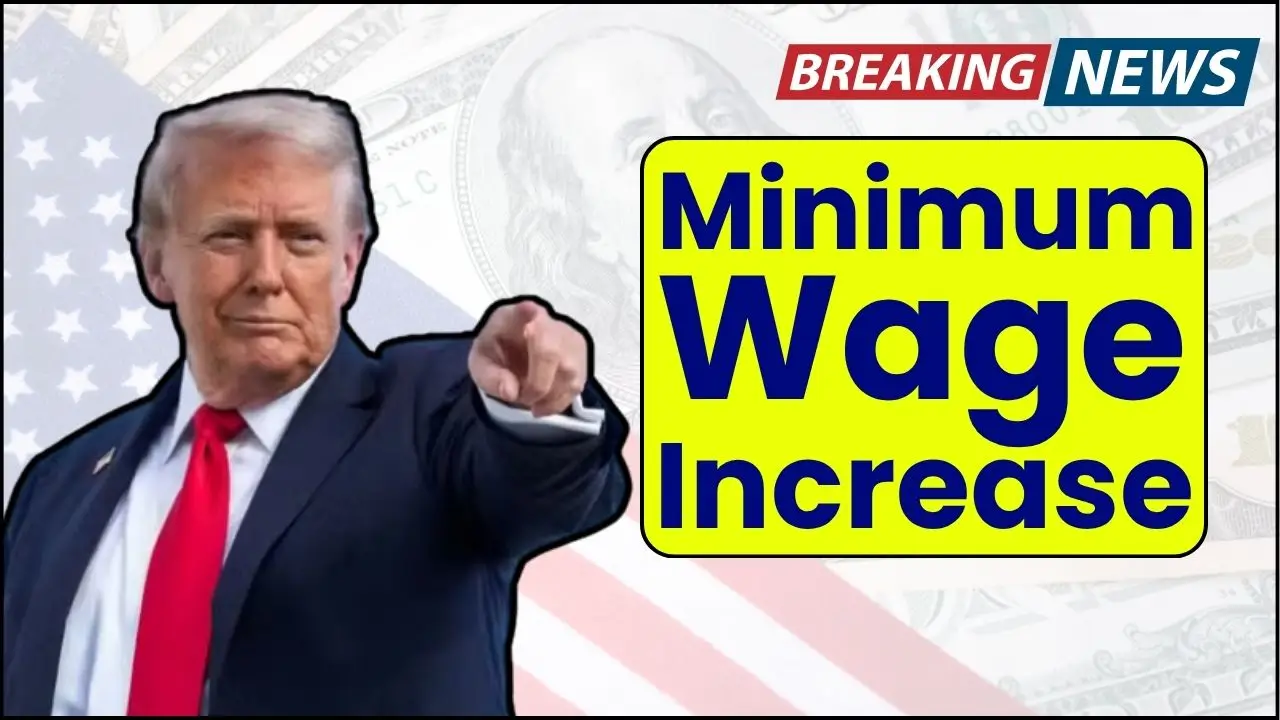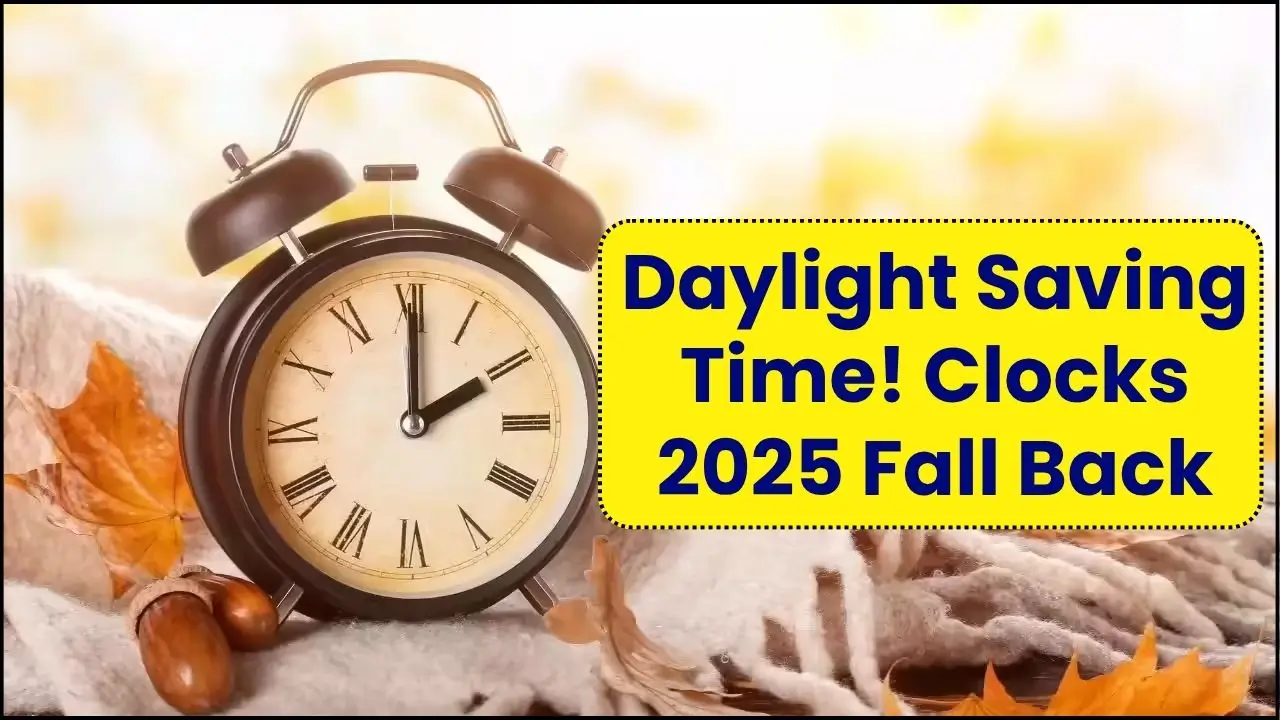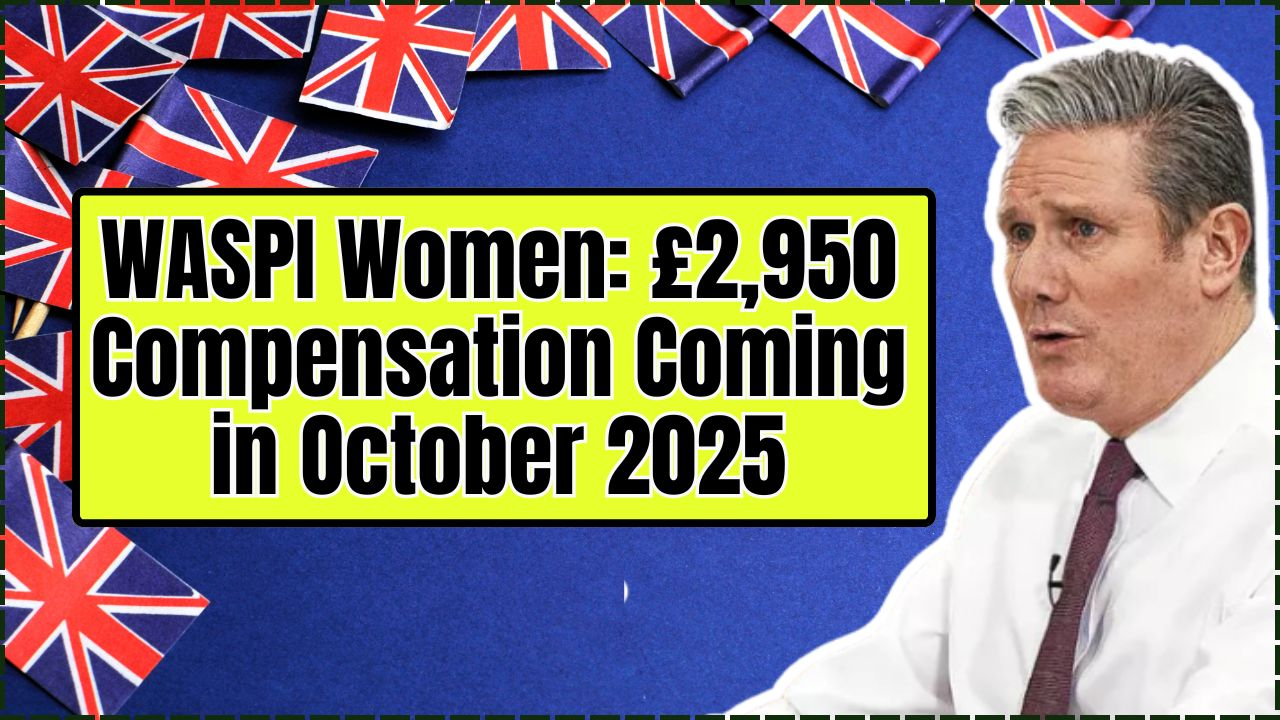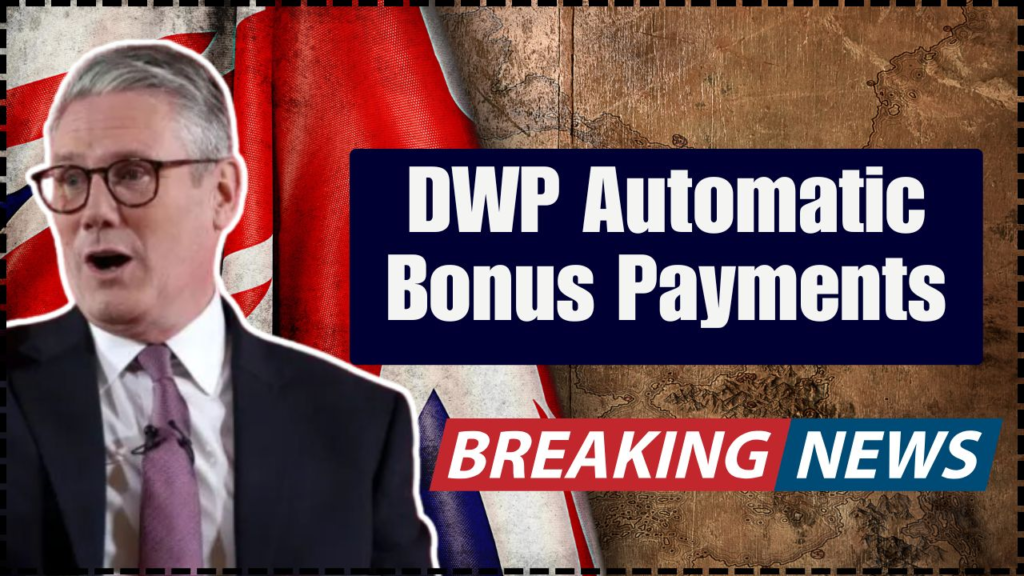
The UK Department for Work and Pensions (DWP) has announced a series of automatic bonus payments for 2025, offering eligible individuals extra financial support. These bonuses, including the Christmas Bonus, Winter Fuel Payment, and Cost of Living Payment, aim to ease financial pressures during key periods of the year.
Table of Contents
DWP Automatic Bonus Payments
| Bonus Payment | Amount | Eligibility Criteria | Payment Period |
|---|---|---|---|
| Christmas Bonus | £10 | Must receive certain benefits (e.g., State Pension, PIP) | December 2025 |
| Winter Fuel Payment | £100-£300 | Aged 66+ or receiving Pension Credit | November-December 2025 |
| Cost of Living Payment | £300 | Must receive qualifying benefits | July 2025 |
As 2025 progresses, these DWP automatic bonus payments offer a vital financial lifeline for many vulnerable groups in the UK. While the government’s welfare policies may continue to evolve, these payments remain an important element of the financial support structure aimed at easing living costs during challenging times. In an ever-changing economic environment, the continuation and expansion of these payments will likely play a pivotal role in protecting low-income households and maintaining social stability.
The DWP’s commitment to ensuring that vulnerable populations are supported during difficult times is commendable, but experts argue that more long-term solutions, such as increasing the minimum wage and tackling systemic inequality, are necessary to create lasting change.
DWP’s 2025 Automatic Bonus Payments Explained
What Are DWP’s Automatic Bonus Payments?
In 2025, the UK Department for Work and Pensions (DWP) will issue several automatic bonus payments to assist people receiving state benefits. These payments are designed to provide extra financial support during key times of the year, particularly around the holidays and winter months. The major bonuses include the Christmas Bonus, Winter Fuel Payment, and the Cost of Living Payment. Each is aimed at different groups of individuals, based on their age, income, and benefits status.
The DWP’s initiative reflects a broader government policy aimed at reducing financial hardship and protecting vulnerable groups from rising living costs. The automatic nature of these payments means that eligible individuals will not need to apply for the benefits – the payments will be made directly to their bank accounts, simplifying the process and reducing administrative burden.
Key Bonus Payments for 2025
Christmas Bonus: £10 for Eligible Benefit Recipients
The Christmas Bonus is a one-off payment of £10. It is intended to help individuals during the festive season and is paid automatically to those receiving certain benefits. The bonus is a long-standing tradition, helping to alleviate some of the financial pressure experienced by low-income individuals during the holiday season.
- Eligibility: Individuals must be receiving one of the following benefits during the qualifying week (typically the first full week of December):
- State Pension
- Personal Independence Payment (PIP)
- Disability Living Allowance (DLA)
- Carer’s Allowance
- Attendance Allowance, among others.
- Payment Date: The payment is typically made in the first full week of December.
- Action Required: No action is needed for eligible individuals, as the payment is processed automatically. The bonus will appear as “DWP XB” in the bank account.
Winter Fuel Payment: £100-£300 for Older People
The Winter Fuel Payment is a payment made to help with heating costs during the colder months. It can range between £100 and £300 depending on the recipient’s circumstances. As fuel prices continue to rise, this payment becomes an increasingly important form of support for pensioners and vulnerable groups.
- Eligibility:
- You must be aged 66 or older by the qualifying date (usually around the last week of September).
- You must receive Pension Credit or certain other qualifying benefits, such as State Pension.
- Payment Period: Payments are made between November and December, with most recipients receiving it automatically. The payment date is based on individual circumstances, so some may receive it earlier than others.
- Action Required: If you have not received the payment by the end of January 2026, contact the Winter Fuel Payment Centre to resolve any issues.
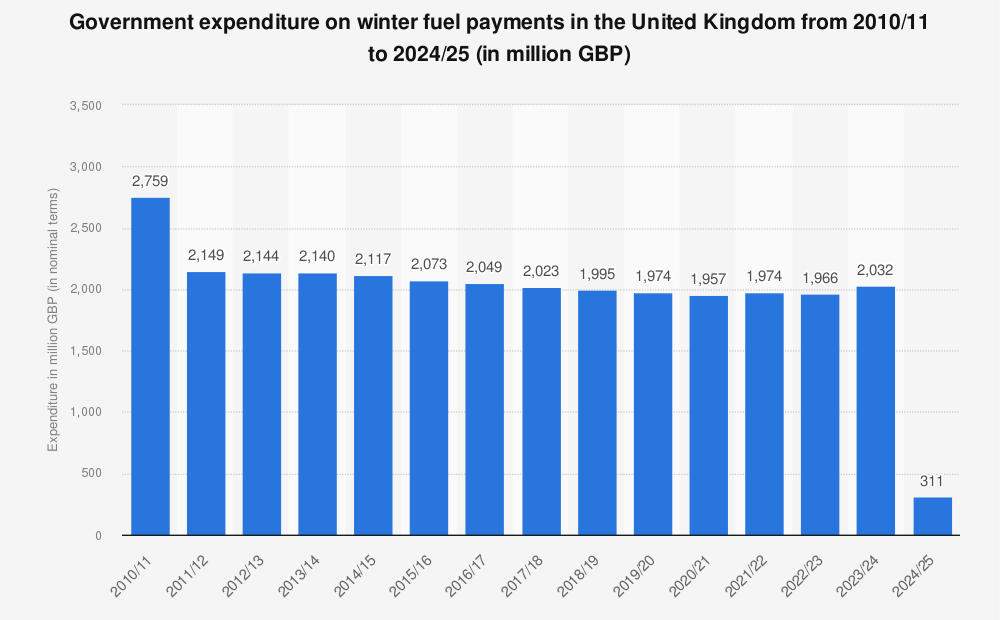
Cost of Living Payment: £300 for Qualifying Benefit Recipients
In 2025, the DWP will continue offering Cost of Living Payments as part of its efforts to ease financial burdens. This payment, typically £300, is aimed at those receiving low-income benefits, such as Universal Credit or Pension Credit. With inflation rates remaining high, these payments are part of the government’s strategy to ease financial strain on households most at risk.
- Eligibility:
- You must be receiving a qualifying benefit between 5 June and 25 June 2025.
- Qualifying benefits include Universal Credit, Income Support, and others.
- Payment Period: Payments will be made in July 2025.
- Action Required: No application is necessary. Payments are made directly to eligible recipients’ bank accounts. If you haven’t received it by the expected payment period, ensure your details are updated with the DWP.
Why These Payments Matter
These automatic bonus payments serve as an important financial cushion for millions of UK residents, especially during periods of high expenditure such as the winter and holiday months. By ensuring that those on qualifying benefits receive additional support, the DWP aims to alleviate the financial strain faced by vulnerable groups, such as pensioners and those with disabilities.
In the face of rising living costs, these initiatives provide timely relief. They are part of a broader government strategy to protect low-income households and offer a more robust safety net during economic challenges. With energy costs, food prices, and housing expenses all continuing to increase, these payments provide essential assistance to those who may otherwise struggle to make ends meet.
Broader Economic Context
The DWP’s automatic bonus payments also reflect the ongoing economic challenges facing the UK. Since the COVID-19 pandemic, the country has faced persistent economic turbulence, including inflationary pressures and disruptions to supply chains. These financial strains have exacerbated the hardships faced by low-income families and vulnerable groups. In response, the UK government has ramped up social support measures, such as the automatic bonus payments, to cushion the effects of these economic challenges.
Experts agree that such support is essential in addressing inequality and ensuring that vulnerable populations are not left behind. “With the cost of living continuing to rise, it is vital that the government maintains these payments as part of its commitment to reducing poverty,” said Dr. Claire Thompson, an economist at the University of Manchester. “While these payments are temporary, they play a critical role in alleviating short-term hardship.
How to Check If You Qualify for DWP Automatic Bonus Payments
The DWP automatically determines eligibility for these payments based on the benefits you already receive. However, it is important to verify your circumstances and make sure your bank details are up to date with the DWP.
To check eligibility:
- Online Tools: Use benefit calculators such as Turn2Us or EntitledTo to get an estimate of your eligibility for various benefits. These tools can help you understand what other benefits you might be eligible for in addition to the automatic payments.
- Contact the DWP: If in doubt, you can always reach out to the DWP via their official website or contact your Jobcentre Plus. It is essential to ensure that all your details, including your bank account information, are accurate to avoid delays in receiving the payment.
For individuals who may not be familiar with online benefit calculators, the DWP also offers assistance via their phone lines. Speaking with a DWP representative can help clarify eligibility and ensure that you receive the payments to which you’re entitled.
Expert Opinions on DWP Payments
Dr. Liam Anderson, a social policy expert at the University of Cambridge, notes that the automatic nature of these payments is a crucial development for both efficiency and accessibility. “For many low-income families, waiting for benefits or having to apply for every payment is a significant barrier,” Anderson explained. “The automatic system ensures that those in need aren’t left behind because of bureaucratic hurdles.”
Kerry Evans, a former DWP official, also highlights the broader benefits of such schemes. “The DWP’s automatic bonus payments are not just about providing financial relief; they are also about ensuring that people don’t fall through the cracks. The government’s focus on automatic eligibility is a sign of the evolving welfare state, which aims to reach more people and reduce the stigma associated with claiming benefits.”
Additional Support Options: Beyond DWP Payments
While DWP automatic bonus payments are a crucial form of assistance, they are not the only available resources. Numerous charities, local councils, and community groups provide additional support, especially in times of crisis. These organizations can offer:
- Food banks and community kitchens
- Housing assistance
- Mental health services for those struggling with financial stress
Local authorities often run emergency funds for individuals facing extreme hardship. Individuals who are eligible for DWP payments should also explore these resources as a supplement to their financial support.
For a more comprehensive view of the welfare landscape, the UK government website and Citizens Advice offer valuable resources and guidance on available financial assistance.
FAQ About DWP Automatic Bonus Payments
1. How can I check if I qualify for the Christmas Bonus?
To qualify for the Christmas Bonus, you must be receiving certain benefits such as State Pension, PIP, or Carer’s Allowance during the qualifying week. If eligible, the payment will be made automatically without the need to apply.
2. Will the Winter Fuel Payment affect my other benefits?
No, the Winter Fuel Payment is a separate payment and will not affect other benefits you may receive. It is designed specifically to help with winter heating costs.
3. How do I receive the Cost of Living Payment?
The Cost of Living Payment will be paid directly to your bank account if you qualify. You do not need to apply for it, but it is important to ensure your details are up to date with the DWP.
4. What other assistance can I access if I am struggling financially?
In addition to DWP payments, local councils and charities may offer emergency financial assistance, food banks, and housing support. You can also seek advice from organisations like Citizens Advice.




